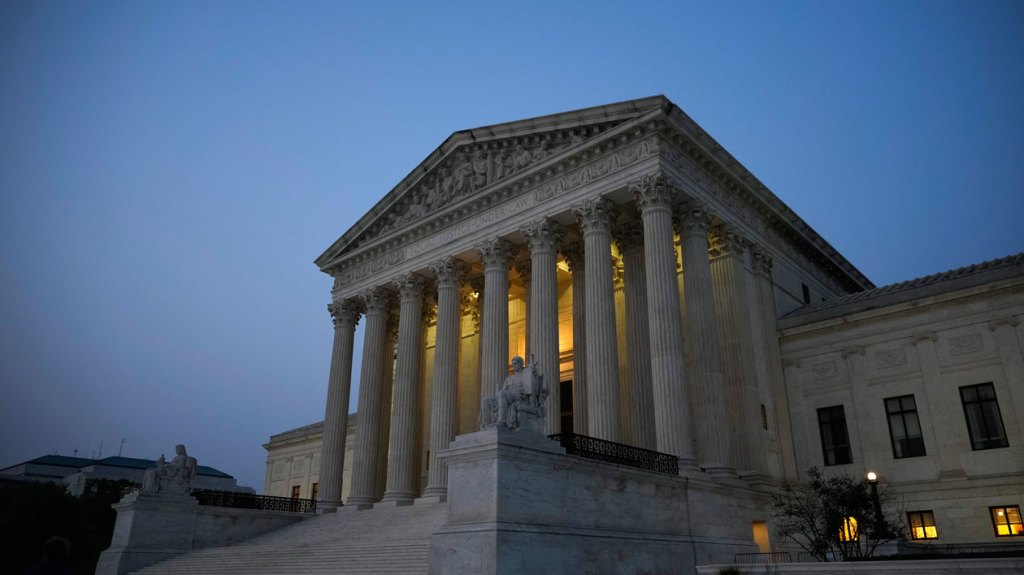The U.S. Supreme Court on Friday (Jan. 17) upheld a federal statute that will effectively ban TikTok from the country over national security concerns, rejecting the company’s arguments that the law violates the First Amendment.
In a unanimous ruling, the high court said the law – set to go into effect on Sunday — was fair game because the U.S. government has valid fears about China’s control over TikTok, a popular social media service with 170 million American users that has also become a key cog in the modern music industry.
Attorneys for TikTok’s Chinese-owned parent ByteDance had argued that the law was clearly unconstitutional because it violates the First Amendment’s protections for free speech. But in Friday’s decision, the high court was unswayed.
“There is no doubt that, for more than 170 million Americans, TikTok offers a distinctive and expansive outlet for expression, means of engagement, and source of community,” the justices wrote. “But Congress has determined that divestiture is necessary to address its well-supported national security concerns regarding TikTok’s data collection practices and relationship with a foreign adversary.”
The ruling has major implications for the music industry. TikTok app has become a key part of the modern music ecosystem – a core promotional tool for labels and a jumping off point for many new artists, albeit one that has occasionally butted heads with rights owners and can sometimes prove difficult to harness into lasting success.
Friday’s decision allows the ban to go into effect on Sunday, but it’s unclear exactly what will happen next. President-elect Donald Trump, set to take office on Monday, has vowed to “negotiate a resolution” to save the platform. And even outgoing President Joe Biden, who championed and signed the law, has reportedly signaled openness to prevent TikTok from going dark.
The TikTok law, which requires the app’s Chinese-owned parent ByteDance to either sell the app to a U.S. company or face a total ban on January 19, was approved by wide bipartisan majorities in Congress last year and signed by President Biden in April. Proponents have argued that TikTok presents a national security threat because of its connections to the Chinese government and access to millions of Americans.
TikTok and ByteDance sued in May, calling the law “unprecedented” violation of free speech aimed at “silencing” more than 170 million Americans. But in December, a lower federal appeals court rejected those arguments, ruling the law was aimed at protecting Americans from a “foreign adversary nation.”
Friday’s decision upheld that ruling, repeatedly stressing concerns about the Chinese government’s control over TikTok and the information it could pull from it.
“Petitioners do not dispute that the Government has an important and well-grounded interest in preventing China from collecting the personal data of tens of millions of U. S. TikTok users,” the justices wrote. “Nor could they. The platform collects extensive personal information from and about its users.”
This is a breaking news story and will be updated with additional information as it becomes available.



